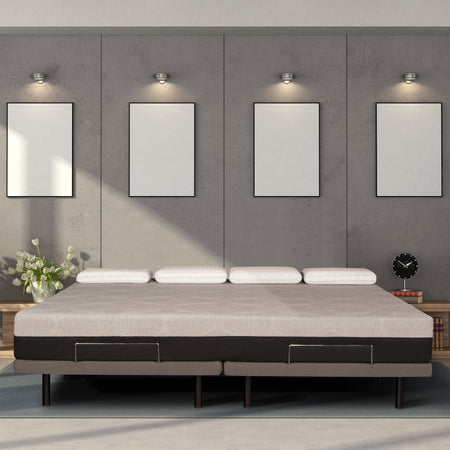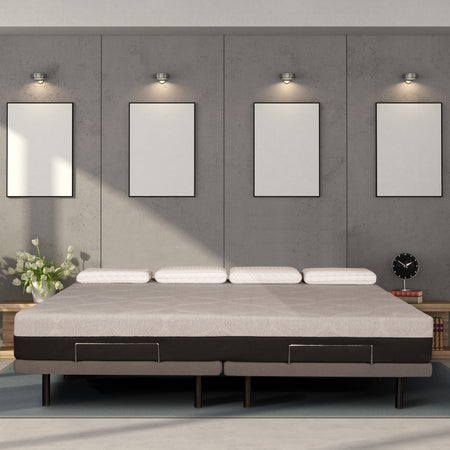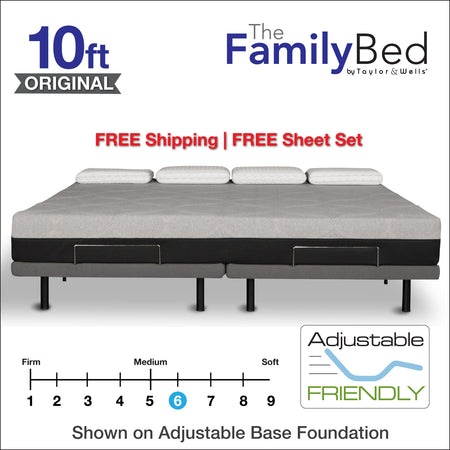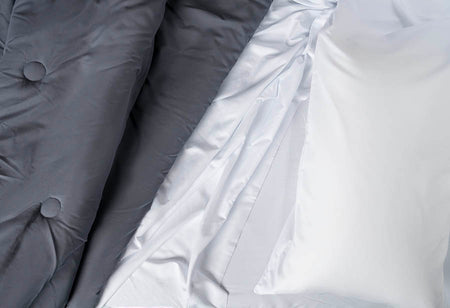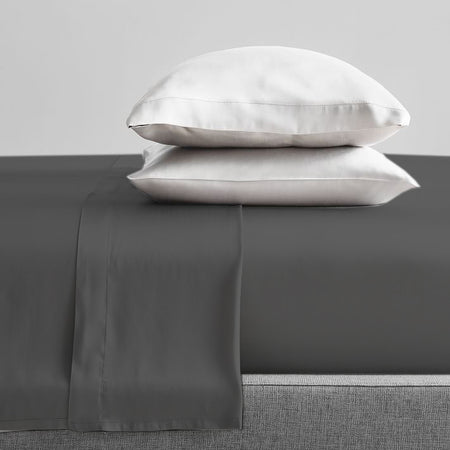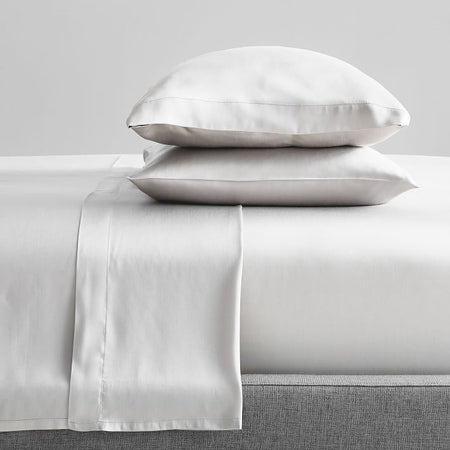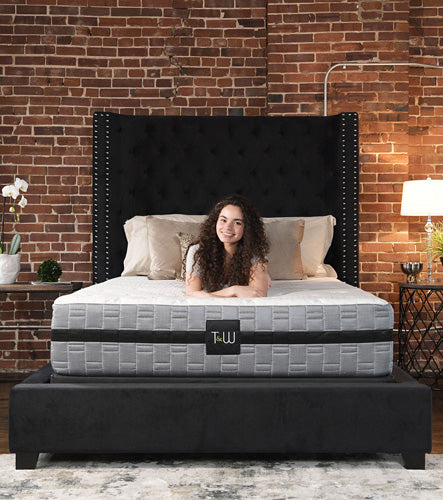You know that moment, when your brain checks out, your eyelids get heavy, and everything just feels… slower? It usually hits right after lunch, and no, it’s not just you. Turns out, your body’s wired for a midday dip in energy. And the fix isn’t always another cup of coffee. Sometimes, what you really need is a quick nap.
That’s why companies like Google and Ben & Jerry’s have built nap rooms into their offices. They know what NASA discovered: a short nap can boost alertness by 54% and improve performance by 34%.
Why Power Naps Work
The magic of power naps lie in their timing. When you rest for a short period, usually between 10 and 20 minutes, your brain stays in the lighter stages of sleep. Your body relaxes, your mind clears, and stress levels drop. This short burst of rest helps improve focus, lift your mood, and sharpen mental performance, which makes it easier to power through the rest of your day.

Go much longer, and you start drifting into deep sleep, which can leave you feeling groggy and disoriented when you wake up. That heavy, sluggish feeling is called sleep inertia—and it can take up to an hour to fully shake off. This is why experts discourage against getting longer naps. Besides, sleeping for hours during the day might be counterproductive, as it makes it even harder to fall and stay asleep at night.
Benefits of a Power Nap
A short nap can:
-
Sharpen your focus and concentration
-
Improve memory and learning
-
Enhance creativity and problem-solving
-
Help regulate mood and reduce stress
-
Lower the risk of high blood pressure
-
Support heart health
-
Reduce fatigue
-
Reduce excessive daytime sleepiness, especially if you're suffering from sleep deprivation
Understanding the Science of Sleep
Naturally, sleep unfolds in a series of stages that make up a sleep cycle as illustrated below:
|
SLEEP STAGE |
DURATION AND WHAT HAPPENS |
|
Stage 1 |
The lightest stage of sleep that lasts between one to seven minutes |
|
Stage 2 |
Relatively light sleep lasting about 10 to 25 minutes. It relaxes muscles and slows down body functions |
|
Stage 3 |
Deeper sleep that lasts 20 to 40 minutes and makes it difficult to wake up |
|
REM (Rapid Eye Movement) |
This sleep stage causes body muscles to be temporarily paralyzed, and the eyes move rapidly under closed eyelids. Dreaming occurs during REM sleep |
When you nap for 10–20 minutes, you stay in Stage 1 or Stage 2 sleep, which are considered light and refreshing. This is beneficial because:
-
You wake up feeling alert
-
You maintain your regular nighttime sleep pattern
-
You reduce stress and reset mentally for the rest of the day

Best Timing for a Nap
According to the Mayo Clinic, a nap in the early afternoon, between 1 and 3 p.m., is perfect for most people. Napping too late in the day might disrupt your nighttime sleep pattern, potentially reducing the amount of sleep you get. Therefore, it is best to set an alarm to avoid oversleeping.
If you have conditions like sleep apnea, chronic fatigue, or generally poor sleep quality, daytime naps might disrupt your nightly rest or reduce the effectiveness of your treatment. In these cases, it’s a good idea to talk with your doctor before adding naps to your routine. They can help you find the best approach to improve your overall sleep health.
Create a Quality Nap Environment
If you have difficulties falling asleep during the day, having a comfortable sleep environment can help improve your napping experience and prevent unwanted interruptions. Try these tips to fall asleep faster and nap better:
-
Dim the lights. Bright light signals your brain to stay alert.
-
Find a quiet space. Or use soft background noise or a sound machine.
-
Unplug. Silence your phone or put it on “Do Not Disturb.”
-
Try a sleep mask. Total darkness helps your body produce melatonin.
-
Keep it cool. Experts recommend a nap temperature of around 65–70°F because it allows your body to naturally cool down before and during sleep.
-
Use a comfortable surface.
-
Drink herbal tea like chamomile before resting
-
Do deep breathing or guided meditation
-
Try napping at the same time each day to train your body
The Importance of a Comfortable Sleep Surface
A lot of people struggle to nap because their mattress just isn’t helping their body relax. When your mattress doesn’t support your spine or creates pressure points, your muscles stay tense—even during a short nap. That tension makes it harder to fall asleep quickly and wake up feeling refreshed.

A good mattress changes all that. It cushions your body where it needs it most and keeps your spine in a natural, comfortable position. This lets your body truly relax, so you can fall asleep faster and wake up without stiffness or aches.
Better naps mean sharper focus, less stress, and more energy for the rest of your day. Plus, a supportive mattress improves your nighttime sleep too, giving you better rest and improving your overall well-being.
If you’ve been missing out on the benefits of power naps, upgrading your mattress could be the simple change that makes all the difference.
Embrace Power Naps as a Wellness Habit
There is a false claim that naps are for lazy people. On the contrary, they’re a smart, strategic way to feel sharper, healthier, and more emotionally balanced throughout your day. For instance, research has shown that regular nappers are 21% less likely to have high blood sugars. If this research is anything to go by, then you can reap numerous benefits from power naps. Just 20 minutes a day could improve your energy and well-being. It starts with making rest a priority and creating the right conditions to relax truly.
Ready to Nap Like a Pro?
It is time to finally enjoy naps that energize you by optimizing your nap space and upgrading your mattress. At The Bedding Mart, we offer premium, pressure-relieving memory foam mattresses that have been designed to support better rest. Visit us today and discover your perfect nap companion. Your body and your productivity will thank you.


